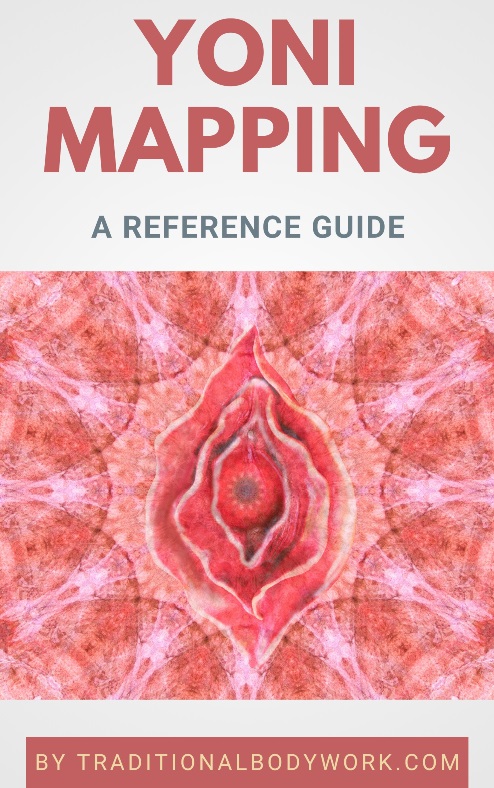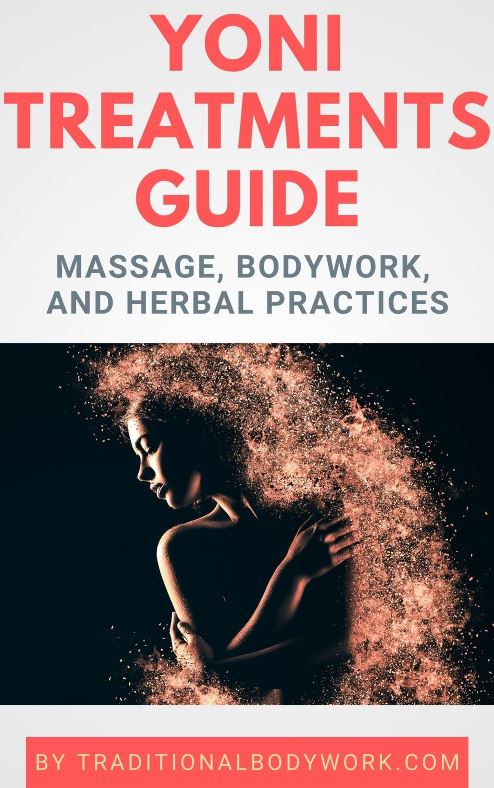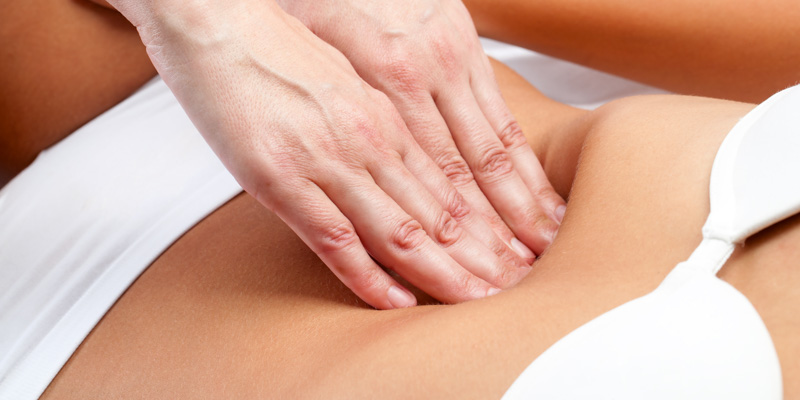
Before starting a Yoni Mapping session, your therapist should ask you about your mental, emotional, and physical condition, your daily activities, work, hobbies, sports, and medical history. And of course, the therapist will inquire about the reasons for your visit, that is, what exactly the issues are you struggle with and what you would want to see resolved.

It’s important for your therapist to have this information in order to know how you should be approached, and what procedures and techniques can or cannot be applied, and if there needs to be extra attention with certain parts of your body (or Yoni) or if there’s need to avoid working with certain parts. Sometimes, it may also turn out that a session is not recommended.
In general, Yoni Mapping can be given to any healthy person. Of course, the length of the session, the techniques applied, and areas “manipulated” will depend on your consent, your needs, abilities, and/or capabilities.
Important Notes
To avoid embarrassment and confusion, and to build in clarity, it’s important to know beforehand when you will be expected to be nude or clothed, and when exactly internal or external erogenous or genital parts will be touched.
Mind also that the therapist should always take hygienic precautions and wear surgical gloves when touching or treating you internally.
Yoni Mapping Precautions
- If you are pregnant (but only after 3 months until max 8 months of pregnancy) you can receive Yoni Mapping, but some techniques are not carried out. It should be avoided having you lying on the abdomen, and massage or other manipulative touch should be done very lightly as for the abdominal/pelvic area. Pregnant women will generally have a session lying on their sides and/or on their back. Arterial compressions should not be done (they induce a higher blood pressure). However, when the goal of the session is to specifically work on the uterus or otherwise internally, other rules may apply as for when (in which month of pregnancy) to give a treatment;
- As older persons are more likely to have osteoporosis (porous and fragile bones), extra care needs to be taken by the therapist not to put too much pressure on the bones and articulations. This counts as well for anybody else having osteoporosis.
- Caution needs to be observed if you have diabetes, heart diseases, built-in cardiac equipment, asthma, high blood pressure or having had a (cerebral) stroke in the past. All techniques that raise blood pressure substantially should be avoided. Arterial compressions shouldn’t be performed at all.
- Massage or manipulative touch should not be carried out on tired or sore muscles.
- Massage or manipulative touch around the ears, the temples, under the armpits, behind the knees, the knees, under the chin, the eyelids, on the crown of the head, and internally (vaginal and rectal) should be done extremely gently.
- Massage or manipulative touch should not be applied on the bones, the collar bone (clavicle), the spinal column, the elbow line, on inflammations or swollen areas, on skin infections or problems, on the blood vessels of the neck (carotid artery), on or directly around broken bones, a surgical area, ulcer, or wound.
- Massage or manipulative touch should not be applied on areas with dermatitis, arthritis, phlebitis. Massage around the area is permitted though.
- No massage, stretching or pressure should be applied on areas where you have artificial joints or (transplanted) organs.
- No massage or manipulative touch should be done directly on varicose veins.
- No massage or manipulative touch should be done on (organ or vertebral) hernias, neither forcible actions applied to push them back in their original position.
- No spinal twists (torso twists) should be applied when you have problems with the vertebral column, like bulging, slipped or broken disks, or hernias.
- No massage or manipulative touch should be done on/in the abdominal area if you have just finished a meal, or have serious stomach or intestinal problems, or if you are pregnant (except for resolving specific issues during the pregnancy).
- No massage, manipulative touch, or rubbing should be done or strong pressure given on “thin skin.”
- The therapist should be informed if you are allergic for certain ingredients that may be used in lubricants, oils, decoctions, creams, lotions, and balms.
- The therapist should be informed if you have any active infections.
Yoni Mapping Contraindications and Risks
Yoni Mapping is not recommended
- if you are in the first three months of your pregnancy;
- if you are pregnant and have a history of miscarriage or premature birth;
- if you have just given birth (typically sessions should only be carried out after at least being six weeks postpartum);
- if you have an active cancer, have had an internal operation in the six months preceding the session (notably surgery of the abdominal, pelvic, or genital area), or if you had a relatively severe accident in the past 72 hours;
- if you suffer from severe genital or vaginal pains and have never seen a medical professional;
- if you are drunk or if you have a fever;
- If you have an infectious disease, like a flu, diphtheria, tuberculosis, because the therapist exposes themselves to an infection. This goes of course also the other way around.
- if you are under an immediate occurrence of trauma, distress, or unstable mental state;
- if you are currently in an emotionally or physically abusive relationship;
- if you currently suffer from the results of a sexually transmitted disease;
- if you currently suffer from a vaginal yeast i.e. fungal infection;
- if you are menstruating. Nevertheless, some therapists don’t mind you having your period.
- if you have been sexually abused and have never seen a medical professional or an appropriate therapist before the session.
- if you have endometriosis, if you are bleeding, self-harming, or rushed.
- if you are underaged;
Mind that in a general sense, one could say that people who are in a current, immediate situation of trauma, mental affliction or mental health disorder, or clearly have a physical health condition or disorder/dysfunction, first need to seek help from a professional and certified healthcare provider such as a psychologist, psychotherapist, somatic psychotherapist, or appropriate physician.

 Find themed health, wellness, and adventure holidays around the world.
Find themed health, wellness, and adventure holidays around the world.
















 Find themed health, wellness, and adventure holidays around the world.
Find themed health, wellness, and adventure holidays around the world.